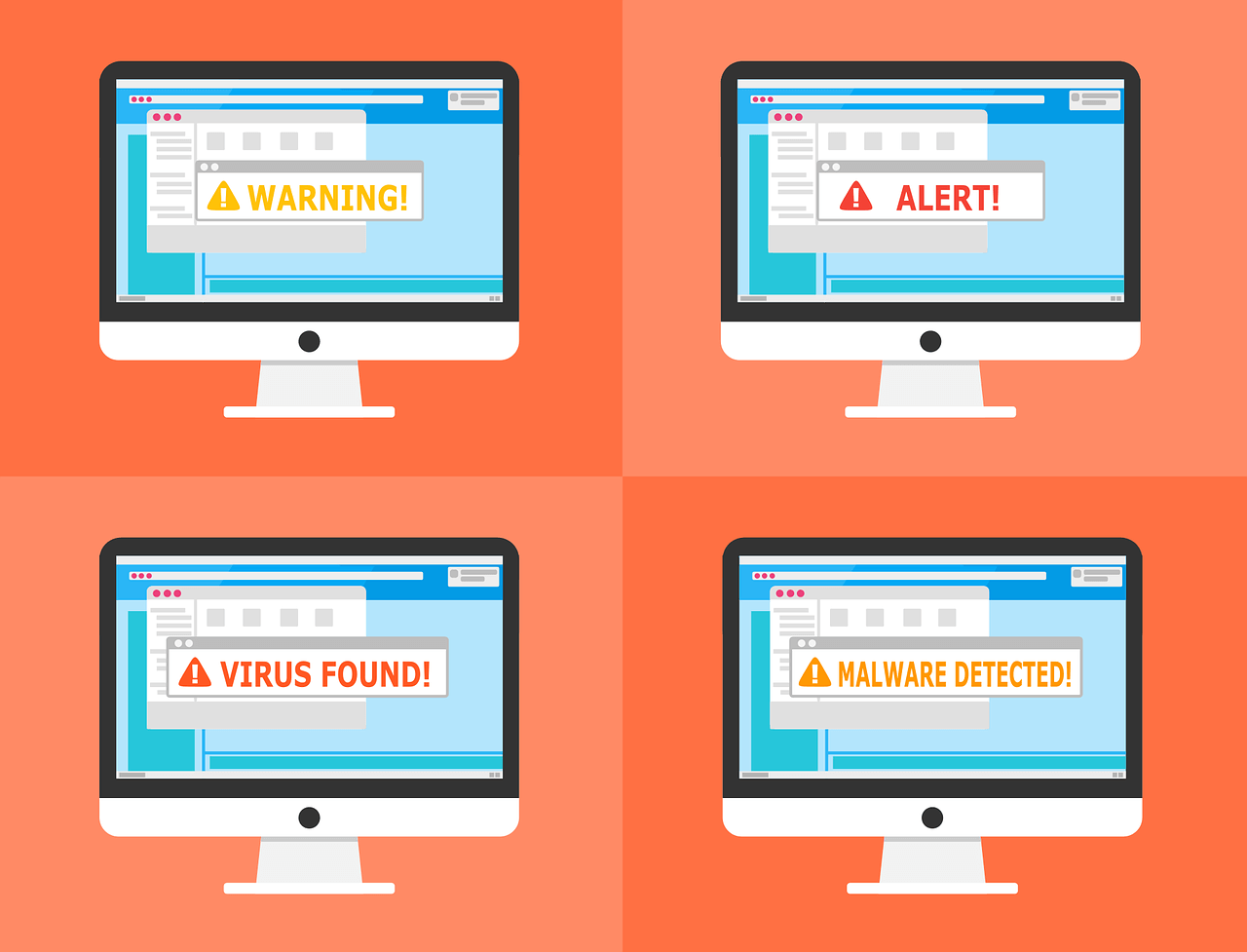
James Taylor
Updated on: December 20, 2023
You’ve probably heard about the growing number of viruses spreading online and infecting computers. Unexpected behavior, sluggish performance, restarting for no reason, doing things on it’s own without your input – these are all telltale signs of an infection.
Some viruses can even lock all the info on your computer and demad a large cash randsom before you can get it all back. Emails, family photos, contacts, sensitive banking info, and passwords – all seized by the hackers because a computer was left unprotected and exposed.
So while you’d like to belive that your own computer (probably) hasn’t been infected yet, how can you truly be sure it won’t happen at any moment? If you’re not using an effective antivirus to secure your data, it’s just a matter of time…
This guide will break down the basic definition of a computer virus, and provide valuable tips and answers on the best way you can protect important information stored on your PC and devices to help defend against cyber threats before it’s too late.
Computer Virus 101
Let’s start with the basics: there’s a reason the analogy of a virus is used: just like the flu virus, a computer virus spreads from one host to another (in this case, a computer, not a human), and once it has infected a computer, it can be difficult to identify and kill off.
Unlike viruses in nature, computer viruses are completely man-made. Hackers create malicious programs that can harm your computer, steal your data, access your passwords, or perform any other number of unwanted actions, most of the time without you even realizing it.
How Do You Get a Virus?
In a nutshell, you get a virus from an unknown or untrustworthy source. That might be an email from a name you don’t recognize that has an attachment (that has a virus attached to it), or from downloading software or files from sites that aren’t safe (like porn, gambling, or illegal music and video download sites).
How Do You Know You Have a Virus?
Sadly, sometimes you won’t know you have a virus until it’s already infected your computer and done damage. A virus can quietly work in the background without you even knowing it, and if you have other computers on your network, it can infect those as well.
Key Signs to watch out for:
- Mass emails sent to your contact list without your authority
- Slow performance
- Unusual pop-ups prompting you to download antivirus and other programs
- Password changes without your authority
- Hard drive making continual noise
- Files missing
- A change to your homepage
- Error messages
- Computer freezes or crashes
- Unfamiliar programs start up when you start your computer
How to Defend Against Computer Viruses
The fact is, there’s no shortage of new computer viruses popping up every day, and each sometimes requires a different strategy to get rid of. But what you do proactively can reduce your chances of getting a virus in the first place.
Here are five effective tips:
- Use an antivirus product. There are many antivirus software tools on the market, each with their own benefits and price point. They typically scan your computer on a set schedule, looking for any unusual activity or files. If they find them, they will quarantine them and remove them from your device. This is a must if you want to prevent computer viruses, so spend time researching different options and finding the one that’s best for you.
- Don’t open emails with attachments from unfamiliar names. And if you get a strange attachment from someone you know, contact them to ask what it is if it looks suspicious, because they may have a virus that sent it to you.
- Don’t click on pop-up ads if you don’t trust the site. Certainly, you can click on a pop-up inviting you to sign up to get emails from a brand you know and trust, but if it’s a site you don’t know well, or if the pop-up tells you that you have a virus and you must click to remove it, don’t do it.
- Only buy and download software from trustworthy sources. The allure of free sites can be tempting, but they often host downloads riddled with viruses.
- Back up your files. Use cloud storage to ensure that you always have a copy of your important documents and photos. Should you get a virus that deletes your computer’s files, you’ll have a backup.
What to Do Next to Protect Yourself?
While there are solutions for ridding your computer of malicious viruses, it can be a time-consuming and expensive headache to fix. Take proven effective measures like installing a reputable antivirus program to reduce the risk of getting infected in the first place, and rest easy knowing you’re covered.





